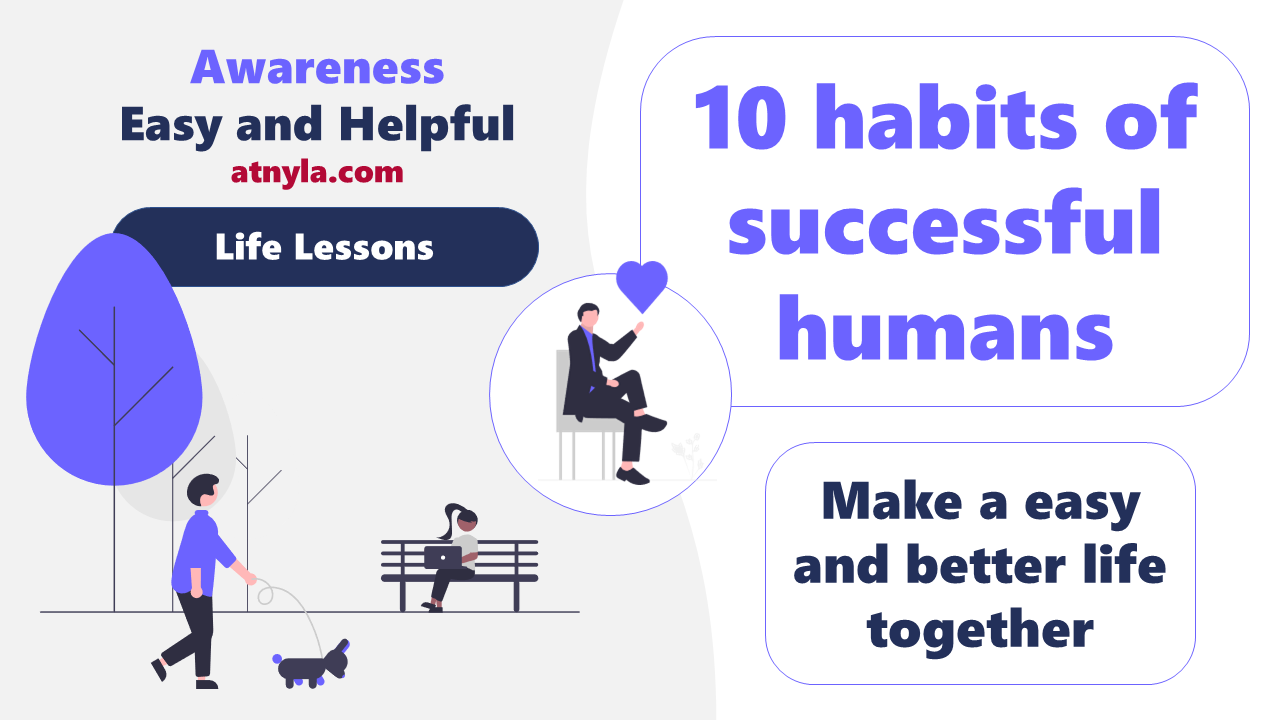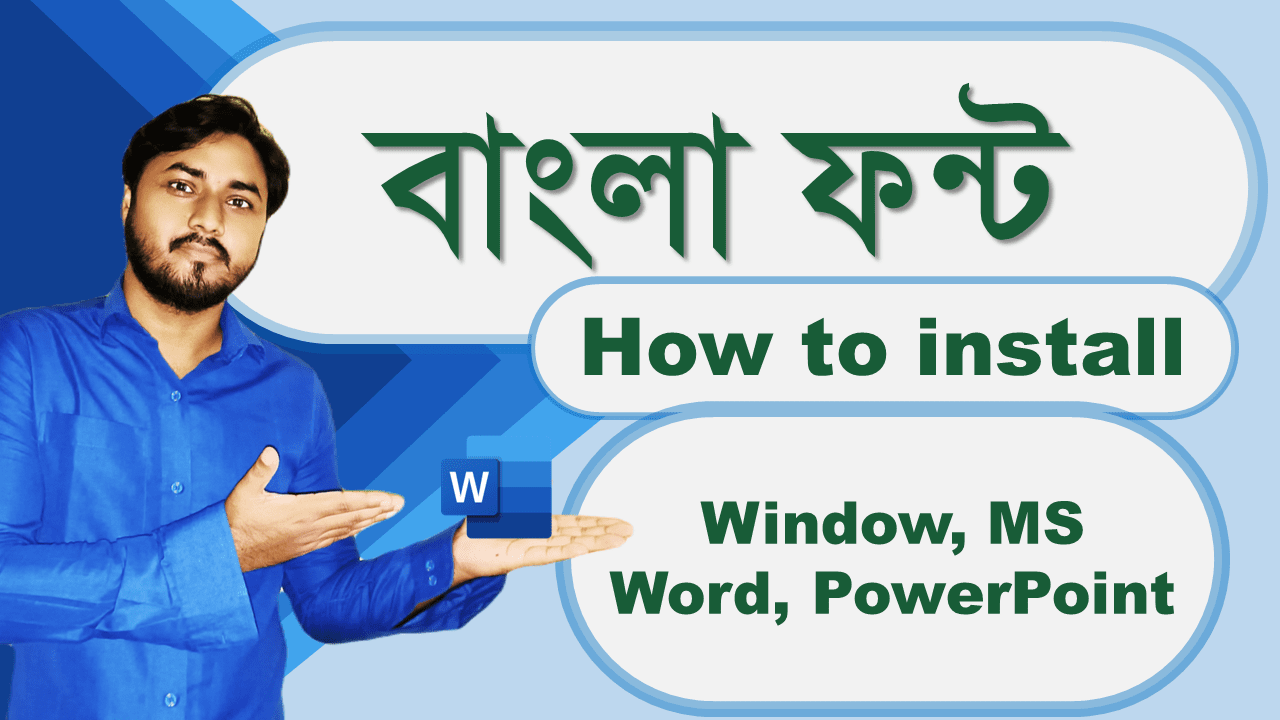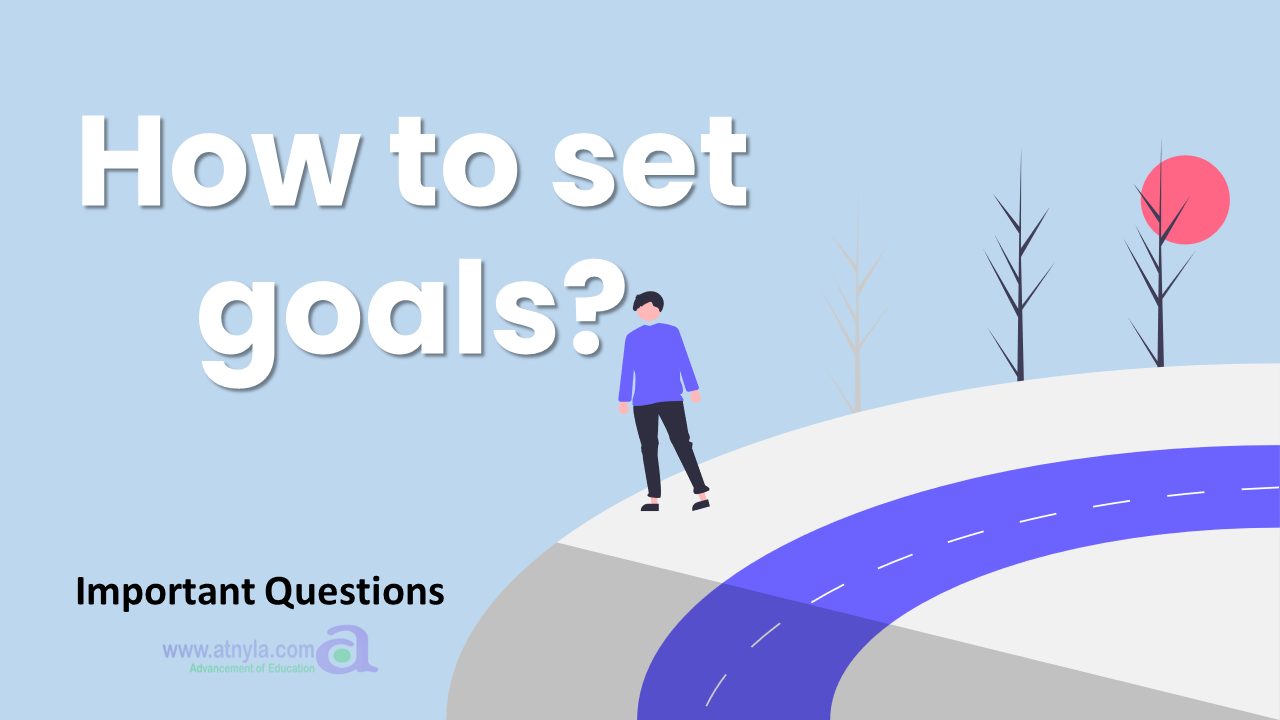What are some effective ways to develop new skills and knowledge?
Developing new skills and knowledge is an essential part of personal and professional growth. It helps us stay relevant, adapt to changing circumstances, and achieve our goals. However, the process of acquiring new skills and knowledge can seem daunting, especially when we are unsure where to start. In this blog, we will discuss some effective ways to develop new skills and knowledge.
-
Identify Your Goals: The first step in developing new skills and knowledge is to identify your goals. Ask yourself, "What do I want to achieve?" "What skills do I need to acquire to achieve my goals?" Once you have a clear idea of your goals, you can start developing a plan to achieve them.
-
Start Small: When it comes to developing new skills and knowledge, it's important to start small. Trying to learn too much too quickly can be overwhelming and discouraging. Instead, break your goals down into smaller, more manageable tasks. This will make the process feel less daunting, and you will be more likely to stick with it.
-
Use Online Resources: The internet is a treasure trove of information and resources that can help you develop new skills and knowledge. There are many online courses, tutorials, and videos that can teach you everything from programming to cooking to public speaking. Some popular platforms for online learning include Coursera, Udemy, and Skillshare.
-
Find a Mentor: Having a mentor can be incredibly beneficial when developing new skills and knowledge. A mentor can provide guidance, feedback, and support as you learn. They can also offer insights into the industry or field you are interested in. Look for someone who has experience in the area you want to develop your skills in and reach out to them for advice.
-
Attend Workshops and Conferences: Attending workshops and conferences can be an excellent way to develop new skills and knowledge while also networking with like-minded individuals. Look for events in your area or online that are relevant to your interests and attend them. You never know who you might meet or what you might learn.
-
Practice: Developing new skills and knowledge takes time and practice. Make sure to practice regularly, even if it's just for a few minutes a day. As you practice, you will start to see progress, which can be incredibly motivating.
-
Seek Feedback: Getting feedback from others can help you identify areas for improvement and hone your skills. Seek out constructive criticism from mentors, colleagues, or friends who have experience in the area you are developing your skills in.
In conclusion, developing new skills and knowledge is an ongoing process that requires dedication and effort. By identifying your goals, starting small, using online resources, finding a mentor, attending workshops and conferences, practicing regularly, and seeking feedback, you can effectively develop new skills and knowledge and achieve your goals.





























